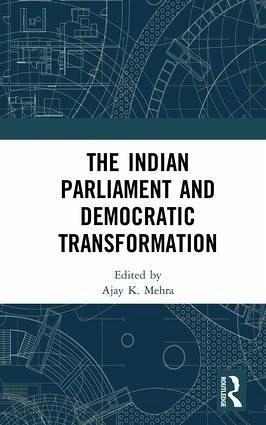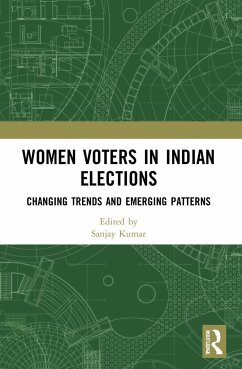
The Indian Parliament and Democratic Transformation

PAYBACK Punkte
84 °P sammeln!
This book traces the trajectory of the Indian Parliament from its formation to present day. The essays presented here explore parliamentary democracy through the formative years and highlight the Parliament's function as a representative and accountable institution, its procedures and responsibility, its connection with the other arms of the state, its relationship with grassroots democracy and the press, and its critical role in framing foreign policy and national security.













